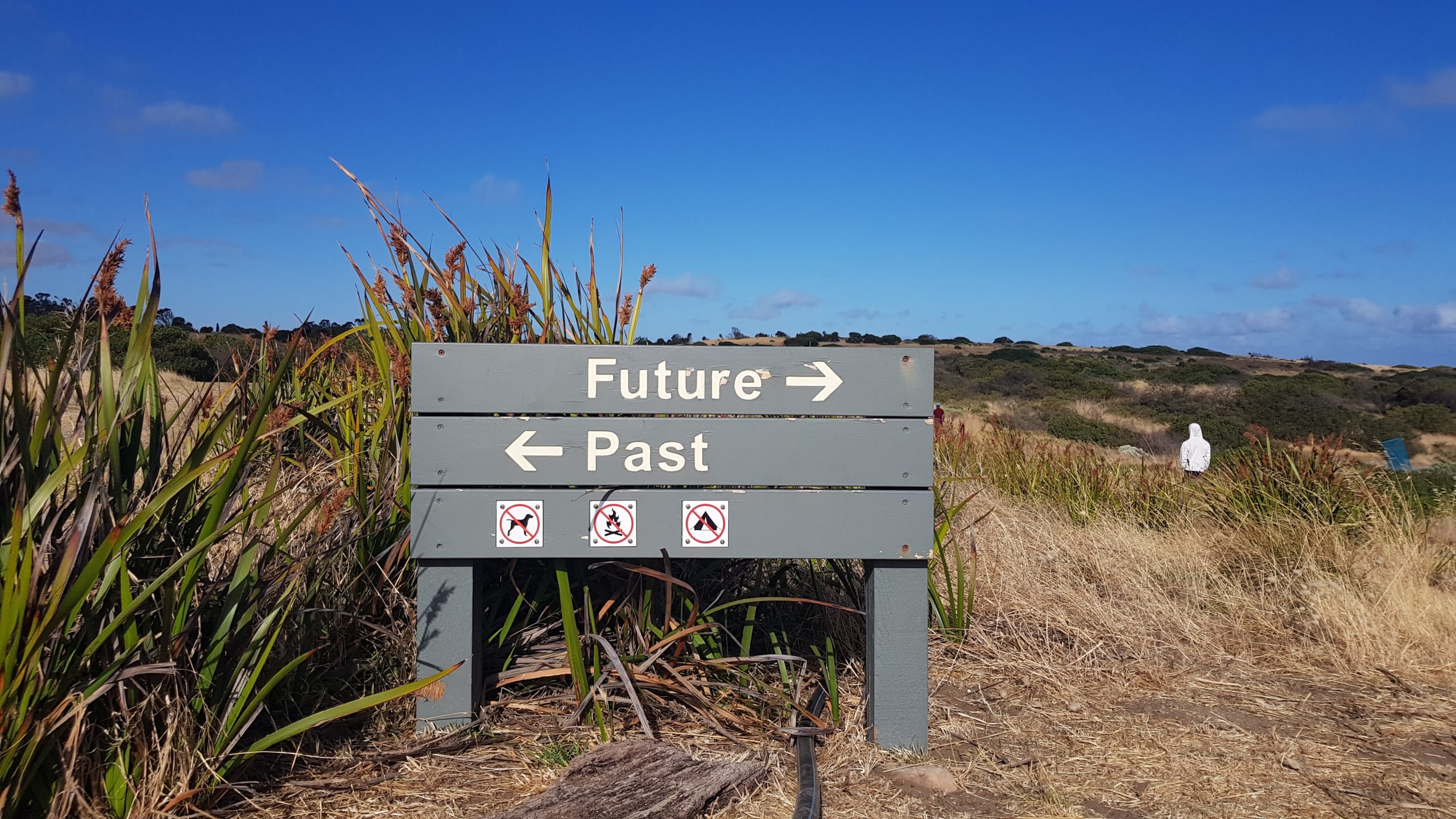Everything Changes When Everything Is Changing
A revolution can be defined as a dramatic and wide-reaching change in conditions. When considering the cumulative consequences of the many changes that have already taken place in the first decades of the 21st century we appear to be in a period that meets this definition.
Unlike previous industrial revolutions, the fourth revolution has no precedent in its degree of impact, scope, and velocity of change. There’s a lot to be optimistic about, but we must also be concerned and ready to act relative to the risks that accompany progress.
A Time For Big Decisions
The decisions that we collectively make over the next few years will define humanity’s destiny for a long time to come. So many of those decisions will be ethical in nature. It won’t necessarily be a question of whether we can do something; but rather a question of whether we should do something.
The French philosopher Voltaire said, “with great power comes great responsibility.” In many ways, these words may come to define the fourth industrial revolution. For example, what choices will we make with regard to the role of artificial intelligence in society? What will be the boundaries for editing the human body and extending life, creating new life, and even redefining life?
Questions such as these only hint at the consequential times ahead. We’ve only just begun to explore the nature of a fourth industrial revolution.
The Bigger Picture
Technological change is unfolding at a time of consequential macro trends. Most looming is our climate crisis. If we are to accept the conclusions of hundreds of climate scientists, in the decades ahead and in the absence of a response, the climate will pose a great challenge to human survival.
Sea levels are anticipated to rise to the point of putting many coastline cities at risk. These cities house hundreds of millions of people. More frequent and devastating weather patterns will bring bigger storms and longer droughts. Our seas and lands will become less tolerant to life, devastating the ecosystem that supports the fish, animals, and plants we consume.
But our climate crisis can be another frontier to apply new ideas and technologies. With innovation, investment, and leadership, we may have the tools to save our planet for people. Somehow an exit plan, the ability to find somewhere else in the galaxy for us to live in the short to medium term doesn’t seem practical. For the foreseeable future, this is the only planet that is our home.
Preparing For Consequential Change
The fourth industrial revolution will have far reaching consequences in the way we live, work and play. Soon we will see remarkable new technologies enter our lives such as self-driving cars, virtual immersive realities that enable us to explore the world from our living rooms, automation and robotics that can invent and build things with zero human participation, and medicines that cure major diseases and help us live much longer. Some say that the first person to live to 150 has already been born.
While digitalization and automation, for example, may be top of mind for you and your industry, it’s not enough to see this revolution through such a limited lens. We must consider the scope, impact, and velocity of change in the context of a changing climate, shifting demographics, new behaviors and expectations, and more. Considering this bigger picture is the best context for you and your organization to plan and prepare.
Dr. Jonathan Reichental’s LinkedIn Learning course, Foundations of the Fourth Industrial Revolution, continues to be highly popular, consistently attracting over 500 new learners every single week. We’re excited to announce that a completely new version of the course is coming in August 2023. The scripts and videos are all new and several new videos have been created that cover important topics such as generative AI and mixed reality. In the interim, you can watch Dr. Reichental’s other videos and sign-up for his newsletter here: reichental.com/learn


